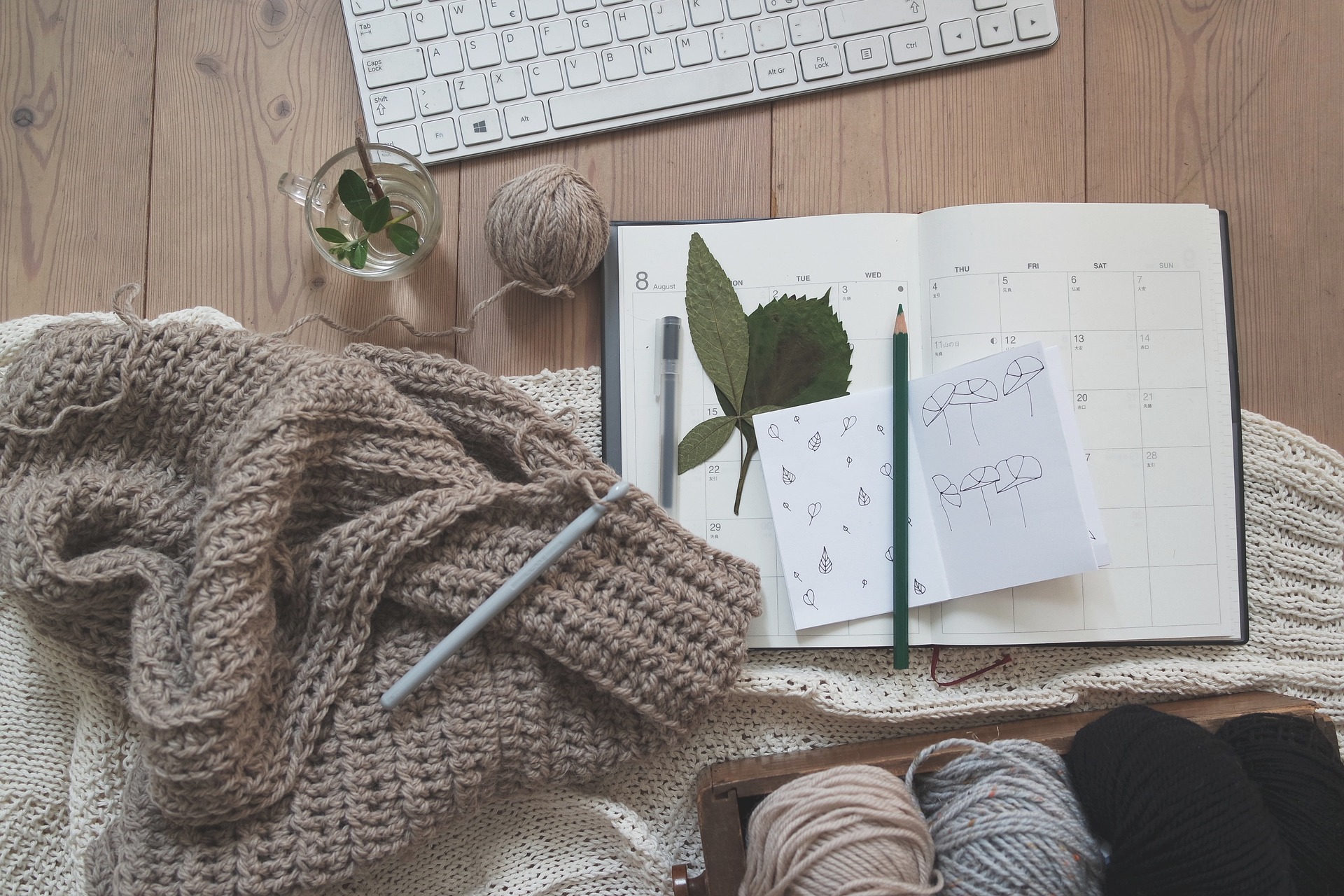The use of our hands is something we take for granted, typically until you lose dexterity in that part of your body. Although several medical conditions can result in a loss of manual dexterity, it does not usually occur in younger people. According to a recent study, musculoskeletal hand problems begin to appear in more significant numbers in people over 50 and significantly increase yet again after age 65.
However, working to increase hand strength isn’t always a complete solution. A BMC Geriatrics study reveals that well-functioning fingers and hands are often strongly associated with executive function – skills such as flexible thinking, self-control, and working memory. Poor manual dexterity may indicate the increased potential for memory loss or impairment.
What Causes Hands to Weaken?
Some medical conditions can influence hand health and function. According to AARP, these common medical issues may cause weakness, pain, and discomfort:
Osteoporosis
This well-known disease causes brittle and weak bones, and it is caused by a failure of the body to create new bones to replace old and dying bones. When bones are this weak, breaking or fracturing hands or wrists is easier even under small amounts of stress.
Osteoarthritis
The osteoarthritis patient experiences erosion of protective joint cartilage, causing weakness and pain. The hands and finger joints may get stiff, especially in the morning.
Carpal Tunnel Syndrome
Carpal tunnel occurs when the nerve that travels from the neck to the thumb and ring finger becomes compressed at the wrist. The conditions result in pain, numbness, tingling, or weakness. Patients also experience stiff, swollen, or tight fingers and a loss in thumb strength and function.
Cubital Tunnel Syndrome
This syndrome may sound similar but impacts a different nerve that runs from the neck to the wrist. The nerve becomes compressed and inflamed in the area of the elbow. This issue typically causes more prominent hand weakness than carpal tunnel and can manifest as elbow, forearm, and finger pain. The back of the hand may also be affected.
Rheumatoid Arthritis
This chronic inflammatory disease attacks the lining of smaller finger joints and tendons, causing pain, stiffness, and swelling.
Manual Dexterity Tips
- Finger Lifts: Place your hand flat, palm down on a solid surface. Lift fingers one at a time, which is more challenging than you may think. Repeat each finger several times to boost flexibility in each finger.
- Pick up a Musical Instrument: Learning to play a musical instrument is great for cognitive health and improving manual dexterity. Flex your fingers and hand muscles with a clarinet, guitar, or piano. If you used to play and haven’t for years, now is a great time to rediscover your hobby!
- Make a Fist: Squeeze your fist closed as hard as you can, hold the position for three to five seconds – then open your hands slowly. Repeat five times for each hand to help strengthen your muscles and improve agility.
- Practice Handwriting: Many of us don’t write too often anymore. Play around with a pen to improve your dexterity. Pick up and pen without your thumb and attempt to write. Try to write with your non-dominant hand. Then write a note to someone you love.
- Sort Small Items: Collect buttons, coins, seeds, or beads, then place them in a large pile in front of you. Sort into types or by colors, picking up each item and putting it into small cups or ice cube trays.
- Try Origami: There are many origami kits available, or you can use any available paper and look online for projects to try. This craft is not only fun, you can create paper flowers, animals, or designs to share. This is also an engaging activity to share with your grandchildren!
- Try Knitting or Sewing: Many seniors have sewn or knitted at some point in their life – why not pick it up again? Sewing and knitting make your fingers more dexterous with the repetitive and precise movements, as can cross-stitching or needlepoint.
- Play with Clay: Clay or putty can work hand muscles and help maintain dexterity. Work the clay into different shapes, roll it around in your hands and squish it through your fingers.
Keeping active in body and mind is the best way to maintain health and enjoy life to its fullest.
A Banyan Residence is an assisted living and memory care center located in Venice, Florida.

